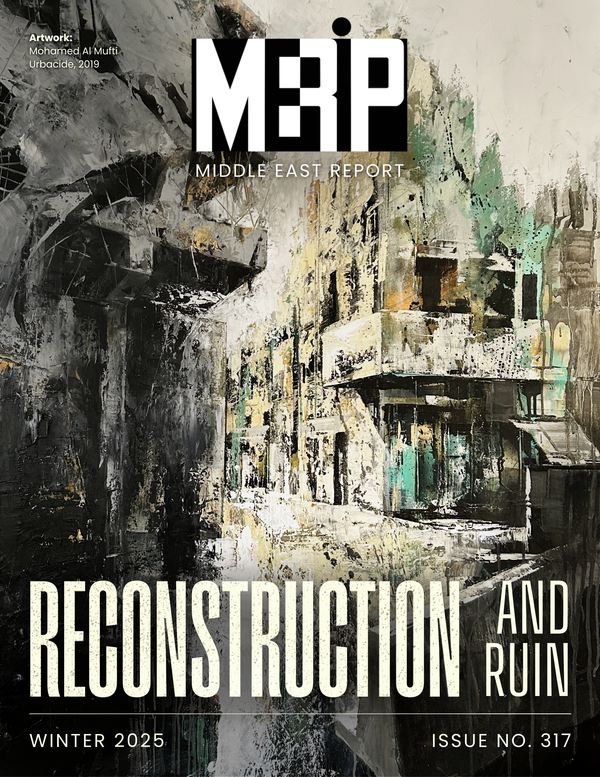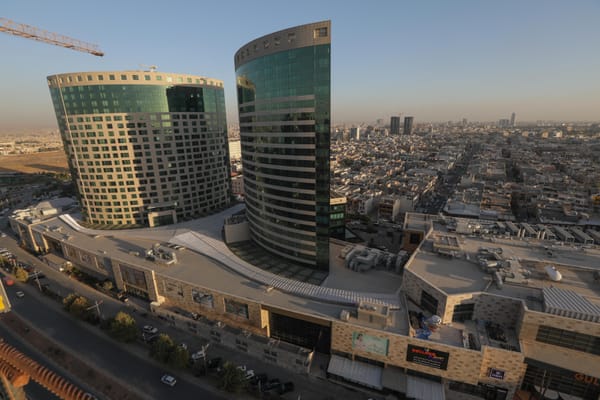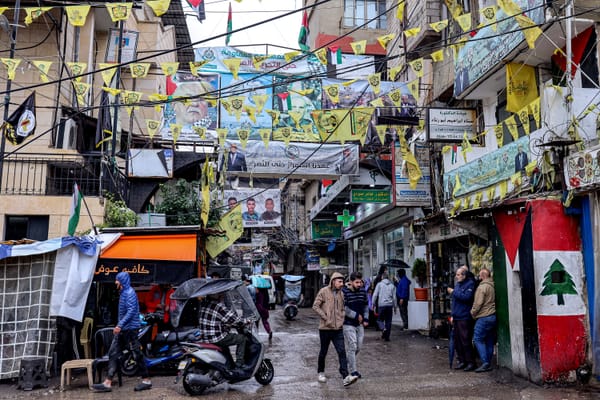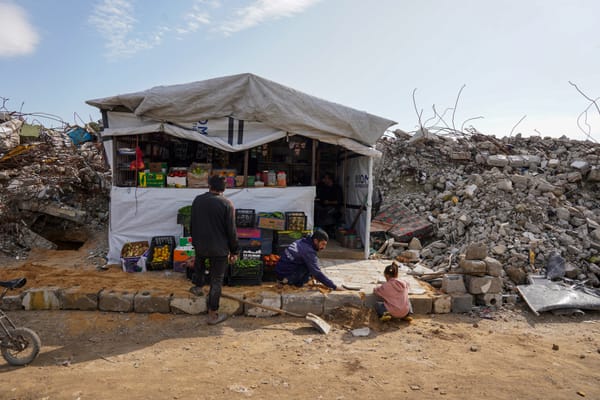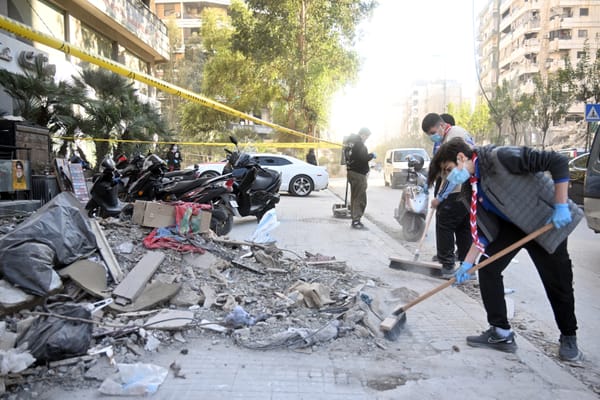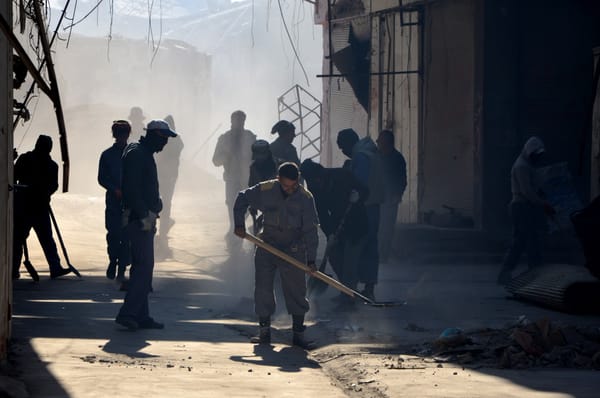Mubarak's Gamble
Egyptians pride themselves on their historic endurance and their ability to survive under almost all conditions. But even before the Gulf crisis erupted in August, there had been a great sense of worry and uncertainty regarding the future. The juncture of a new century with a new millennium is notic




